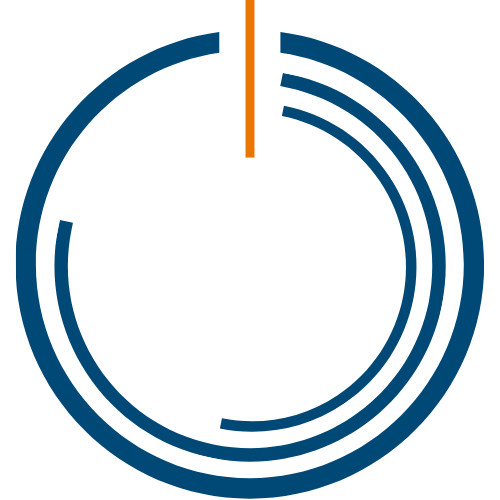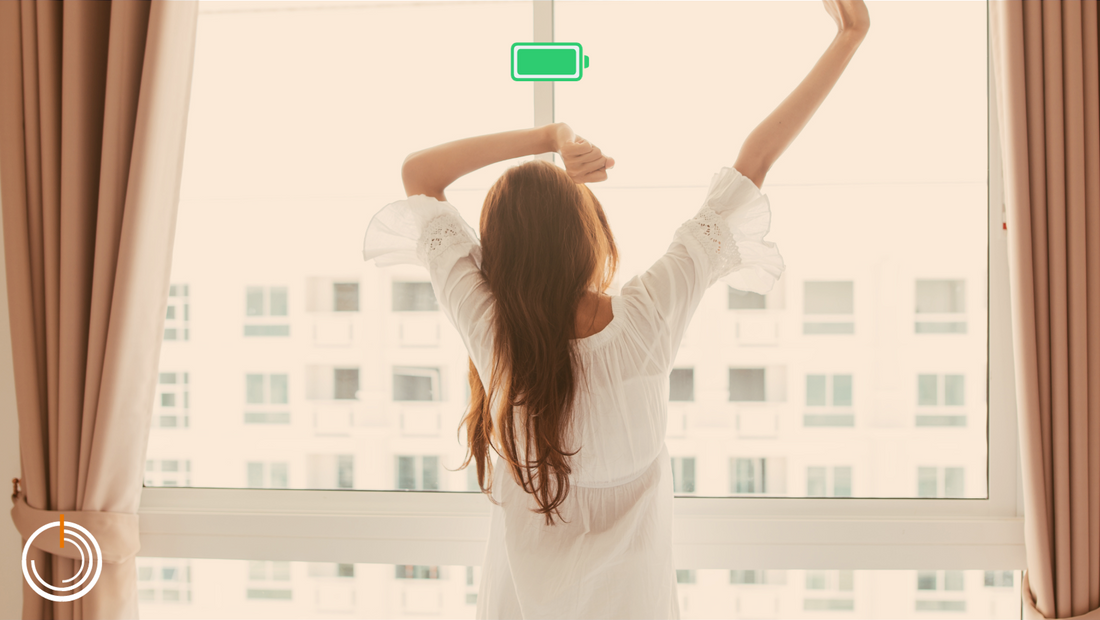3 min read
Introduction
In today's fast-paced world, caffeine has become a ubiquitous companion for many individuals seeking an energy boost. From coffee to energy drinks, it's easy to rely on caffeine to power through the day. However, there are compelling reasons to consider reducing caffeine intake. This blog post will explore when to ingest caffeine, why less caffeine is better for our health, and offer a practical approach to gradually reducing caffeine consumption.
When to Ingest Caffeine
Caffeine is a stimulant that affects the central nervous system, and its effects can vary depending on the individual and their tolerance levels. It is crucial to be mindful of the timing of caffeine consumption, as it can interfere with sleep patterns and overall well-being. Research suggests that consuming caffeine in the afternoon and evening can disrupt sleep, leading to reduced sleep quality and quantity [1]. Therefore, it is advisable to limit caffeine intake later in the day and opt for alternative beverages or decaffeinated options.
Why Less Caffeine is Better
Reducing caffeine intake can have several benefits for our health and well-being. Here are some compelling reasons to consider:
-
Improved Sleep Quality: By reducing caffeine intake, especially close to bedtime, individuals may experience improved sleep quality and a better ability to fall asleep [2]. Quality sleep is vital for cognitive function, mood regulation, and overall health.
-
Balanced Energy Levels: While caffeine provides a temporary energy boost, it can also lead to energy crashes once its effects wear off. Relying on caffeine for energy can disrupt natural energy regulation mechanisms, leaving individuals more fatigued in the long run [3]. By gradually reducing caffeine intake, the body can regain its natural energy balance.
-
Enhanced Hydration: Many caffeinated beverages, such as coffee and certain teas, can have a diuretic effect, causing increased urination and potential dehydration [4]. By reducing caffeine intake and replacing it with hydrating alternatives like water or herbal tea, individuals can support proper hydration levels.
A Practical Approach to Reducing Caffeine Intake
Transitioning to a lower caffeine intake doesn't have to be an abrupt and challenging process. Here are some practical tips to gradually reduce caffeine consumption:
-
Set Clear Goals: Start by setting achievable goals for reducing caffeine intake. For example, aim to decrease the number of caffeinated beverages consumed each day or limit caffeine intake after a specific time.
-
Gradual Reduction: Instead of quitting caffeine cold turkey, gradually reduce consumption over a period of weeks. This approach allows the body to adjust more comfortably and reduces the likelihood of withdrawal symptoms.
-
Replace with Alternatives: Swap caffeinated beverages with healthier alternatives. Herbal teas, such as chamomile or peppermint, can provide a soothing experience without the stimulating effects of caffeine.
-
Be Mindful of Hidden Caffeine: Be aware of hidden sources of caffeine in certain foods and beverages. Chocolates, energy bars, and some medications may contain caffeine. Reading labels can help in making informed choices.
Conclusion
While caffeine can provide a temporary energy boost, there are compelling reasons to consider reducing its intake. By being mindful of when to ingest caffeine, understanding the benefits of consuming less caffeine, and adopting a practical approach to gradually reduce consumption, individuals can make healthier choices for their overall well-being. Remember, moderation is key, and finding a balanced approach to energy can lead to improved sleep, sustained energy levels, and enhanced hydration.
References
- Drake C, Roehrs T, Shambroom J, Roth T. Caffeine effects on sleep taken 0, 3, or 6 hours before going to bed. J Clin Sleep Med. 2013;9(11):1195-1200. Link
- Bonnet MH, Arand DL. Impact of caffeine on sleep and alertness: a review. Sleep Med Rev. 2003;7(2):125-136. Link
- Temple JL, Bernard C, Lipshultz SE, Czachor JD, Westphal JA, Mestre MA. The Safety of Ingested Caffeine: A Comprehensive Review. Front Psychiatry. 2017;8:80. Link
- Grandjean AC, Reimers KJ, Bannick KE, Haven MC. The effect of caffeinated, non-caffeinated, caloric and non-caloric beverages on hydration. J Am Coll Nutr. 2000;19(5):591-600. Link

